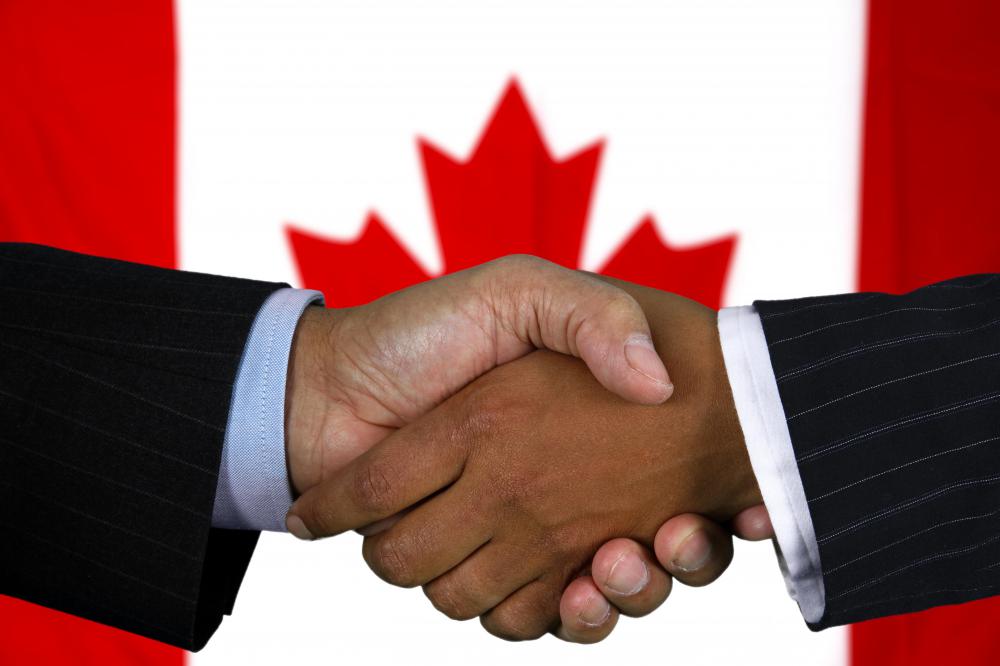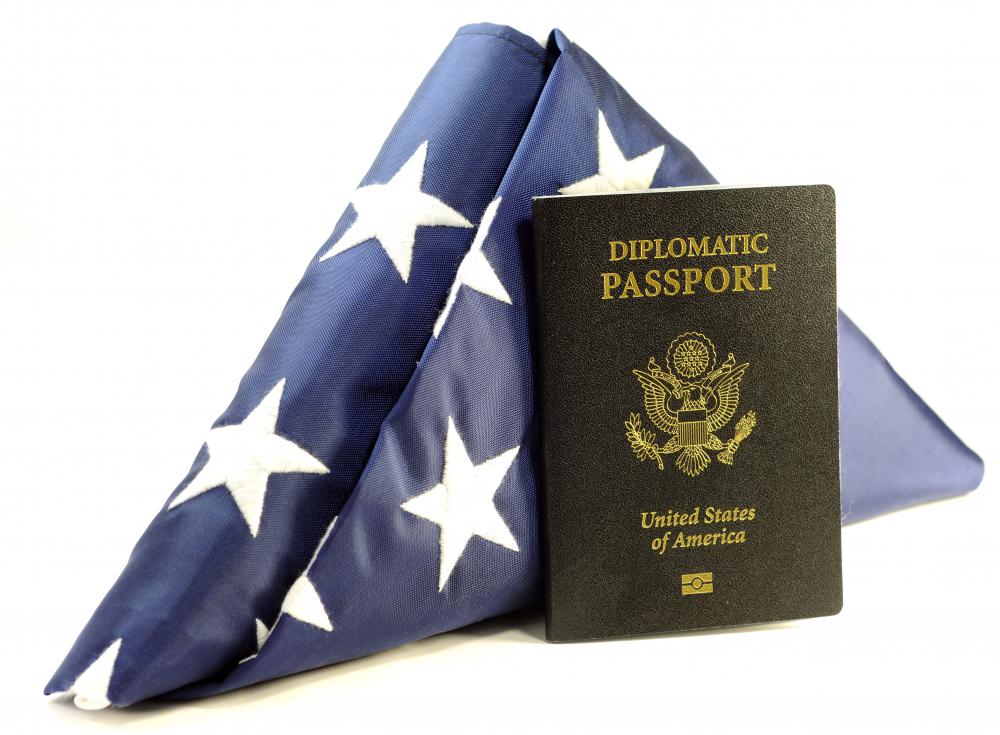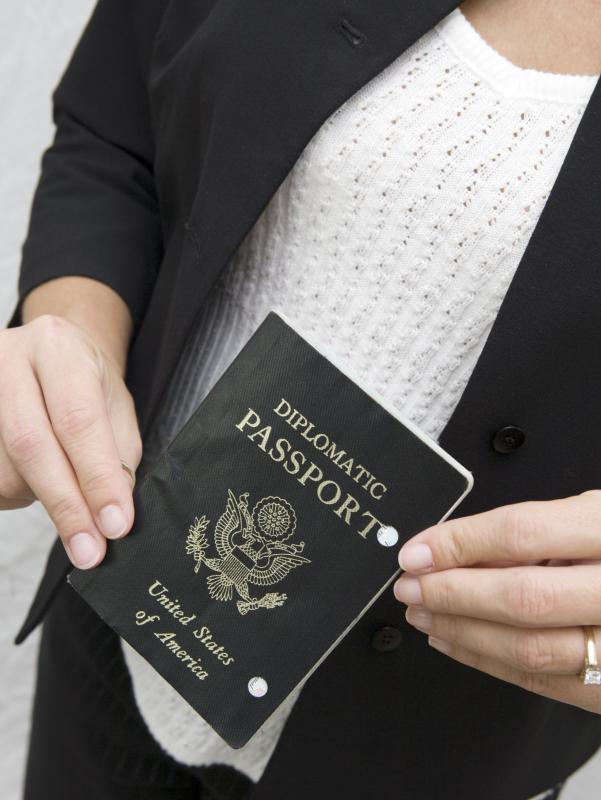At PracticalAdultInsights, we're committed to delivering accurate, trustworthy information. Our expert-authored content is rigorously fact-checked and sourced from credible authorities. Discover how we uphold the highest standards in providing you with reliable knowledge.
What is a Protocol Officer?
A protocol officer is someone employed by a government agency or major corporation in order to facilitate meetings, ensure proper etiquette for official engagements, and streamline interactions with dignitaries and other important people. The job typically involves some elements of event planning, but focuses more on personnel issues. A protocol officer’s main job is to guide leaders, be they elected officials or corporate executives, away from etiquette or cultural mistakes. This typically requires a lot of research and a great deal of tact.
Government Origins

In most places, protocol officers are best known for their work in top-level government institutions. Presidents, Prime Ministers, Senators and foreign diplomats are among those who hire protocol officers to help them forge important relationships without making embarrassing blunders. Many military commanders will also hire these experts, either individually or in teams, to help facilitate treaties, prepare speeches, and make geographically appropriate suggestions when it comes to negotiations and other engagements abroad.
Place in the Private Sector

Some companies and private institutions have protocol officers, too. Companies that do a lot of trade across national borders are usually the most likely to need these sorts of services, but not always. Universities, for instance, frequently employ protocol experts to manage things like alumni relations or gala fundraising events.
Role in Coordinating Visits

Protocol officers are almost always involved any time high ranking government officials meet. When they are doing their job well, their presence is all but undetected — they will iron out the details of a meeting and coordinate with local hosts, but almost all of this is well outside of the spotlight. In most cases, the only time officers intervene is when a gaffe or protocol violation has or is immediately about to occur.

This sort of behind-the-scenes planning is especially important in diplomatic meetings when a minor breach of protocol may be viewed as a reason to break off negotiations. By working beforehand to make sure that everything goes as it should, crises and gaffes can be avoided or at least minimized. Protocol officers do similar work at meetings between corporations, educational institutions, scientific laboratories, and other entities, though in these cases the stakes tend to be much lower.
Briefing and Advisory Duties
In addition to coordinating, most protocol officers also engage in quite a bit of direct advising. They will typically coach leaders or speakers about what to do and how to act. Depending on the seriousness of the event or engagement in question, the officer may help rehearse or practice different greetings or role-play potentially tough scenarios. When foreign cultures are involved, the protocol officer will research potentially offensive customs or turns of phrase, and will coach all travelers of common mistakes and ways to avoid them.
Essential Job Skills
Work as a protocol officer is demanding and exacting no matter the setting. More than anything else, candidates for the job must be flexible and tireless, willing to work long hours at often odd or inconvenient times. Most protocol officers speak multiple languages and must be familiar with the cultures and customs of many nations. They also tend to be excellent communicators with impeccable personal appearance and conduct.
Training Requirements and Entry-Level Postings
It is often quite difficult to become a protocol officer without first gaining significant experience in etiquette, event planning, and negotiation tactics. Most officers begin their careers as attaches or low-level staff for corporate leaders or government officials.
In large offices or organizations, it is sometimes possible to start out as a junior protocol officer, a job that usually involves working as support staff for the primary protocol expert. These positions are often designed to transition progressively into more senior-level work. College education with a focus on international relations, diplomacy, or public relations is usually recommended for those pursuing the protocol officer track, but is not always required. Though in some circles the job can be centered on pedigree, the most important skills — listening, responding, and anticipating — can be learned and proven in a variety of ways.
Some governments and militaries sponsor special “protocol schools” for new officers. These are typically brief courses in expected etiquette and policy that have been tailored specifically to the job at hand. They can last anywhere from several months to a year. It is not usually possible to attend these schools without a job in place, and almost none are open to the general public.
AS FEATURED ON:
AS FEATURED ON:














Discussion Comments
a protocol officer is the heart of the organization. his job is very sensitive and requires a lot of knowledge concerning cultures and etiquette. handling it is a big challenge to achieve, but is interesting work.
Nice piece
Post your comments